Table of Contents
1. Tofu
Tofu, also known as bean curd, is a popular non-dairy protein source made from soy milk. It is highly versatile and can be incorporated into various dishes. Tofu is an excellent source of protein, iron, and calcium.
2. Quinoa
Quinoa is a gluten-free pseudo-grain that is rich in protein and contains all nine essential amino acids. It is also a great source of fiber, iron, magnesium, and antioxidants.
Quinoa, pronounced keen-wah, is a highly nutritious grain-like seed that has gained popularity in recent years. It is an excellent choice for those looking for non-dairy high protein foods.
Here are some key points about quinoa:
- High in Protein: Quinoa is known for its high protein content, making it a great alternative for those who follow a non-dairy or vegan diet. It contains all essential amino acids, making it a complete protein source.
- Rich in Fiber: Quinoa is also a good source of dietary fiber, which is beneficial for digestive health and helps to keep you full for longer.
- Gluten-Free: Unlike many other grains, quinoa is gluten-free, making it suitable for individuals with gluten sensitivities or those who have celiac disease.
- Vitamins and Minerals: Quinoa is packed with vitamins and minerals, including magnesium, iron, and phosphorus. These nutrients play a vital role in various bodily functions.
- Versatile and Easy to Cook: Quinoa is incredibly versatile and can be incorporated into various dishes. It cooks quickly and can be used as a substitute for rice, pasta, or added to salads and soups.
- Healthy Alternative: Quinoa offers a healthy alternative to traditional non-dairy high protein foods. Its nutritional profile makes it a valuable addition to any balanced diet.
In conclusion, quinoa is an excellent choice for individuals seeking non-dairy high protein foods. Its impressive nutrient profile, versatility, and gluten-free nature make it a valuable addition to any diet. Give quinoa a try and experience its many health benefits!
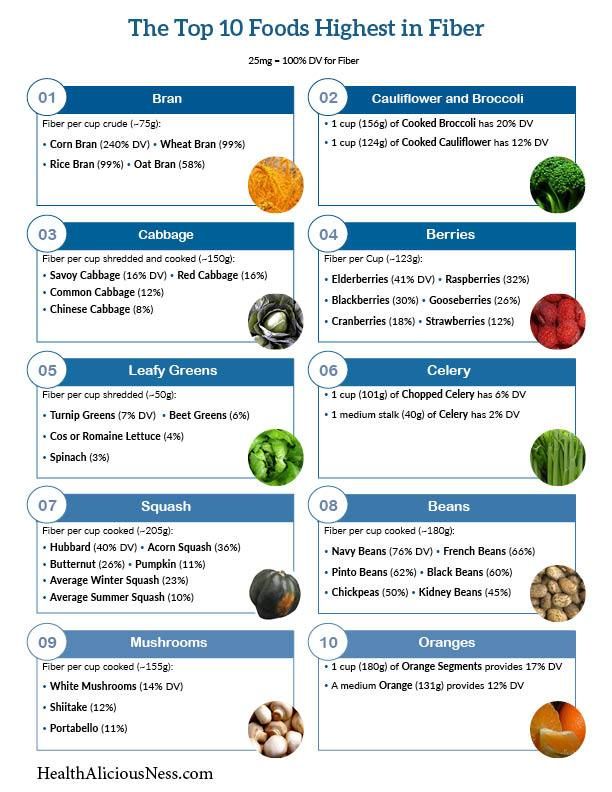
3. Beans
Beans, such as black beans, kidney beans, and chickpeas, are excellent sources of plant-based protein. They are packed with fiber, vitamins, and minerals while being low in fat. Including beans in your diet can contribute to improved heart health and weight management.
Beans are an excellent source of high-quality protein and are often included in non-dairy high protein foods. They provide a nutritious and delicious alternative for those who follow a dairy-free diet or are lactose intolerant.
Benefits of Including Beans in Non-Dairy High Protein Foods:
- Protein Power: Beans are rich in protein, making them a perfect choice for individuals looking to increase their protein intake. They contain essential amino acids necessary for muscle growth and repair.
- Plant-Based Goodness: Beans are a plant-based source of protein, making them an excellent choice for vegetarians and vegans. They are also naturally low in fat and cholesterol-free.
- Fiber-Rich: Beans are packed with dietary fiber, promoting a healthy digestive system. They help regulate blood sugar levels, promote satiety, and support weight management.
- Versatility: Beans come in various forms, including kidney beans, chickpeas, black beans, and lentils, offering a wide range of culinary possibilities. They can be used in soups, stews, salads, or even as a meat substitute in burgers and tacos.
- Vitamins and Minerals: Beans are rich in essential vitamins and minerals such as iron, potassium, magnesium, and folate. These nutrients contribute to overall well-being and support various bodily functions.
Ways to Incorporate Beans into Non-Dairy High Protein Foods:
Here are a few simple ideas to include beans in your non-dairy high protein meals:
- Add cooked chickpeas to your salads for an extra protein boost.
- Create a hearty black bean soup using vegetable broth and aromatic spices.
- Make a flavorful lentil curry with coconut milk and a blend of spices.
- Prepare a filling kidney bean chili with vegetables and serve it with quinoa or brown rice.
- Blend cooked white beans with garlic, lemon juice, and olive oil to create a creamy hummus dip.
Remember to soak dried beans overnight and cook them thoroughly before consumption to ensure they are safe to eat.
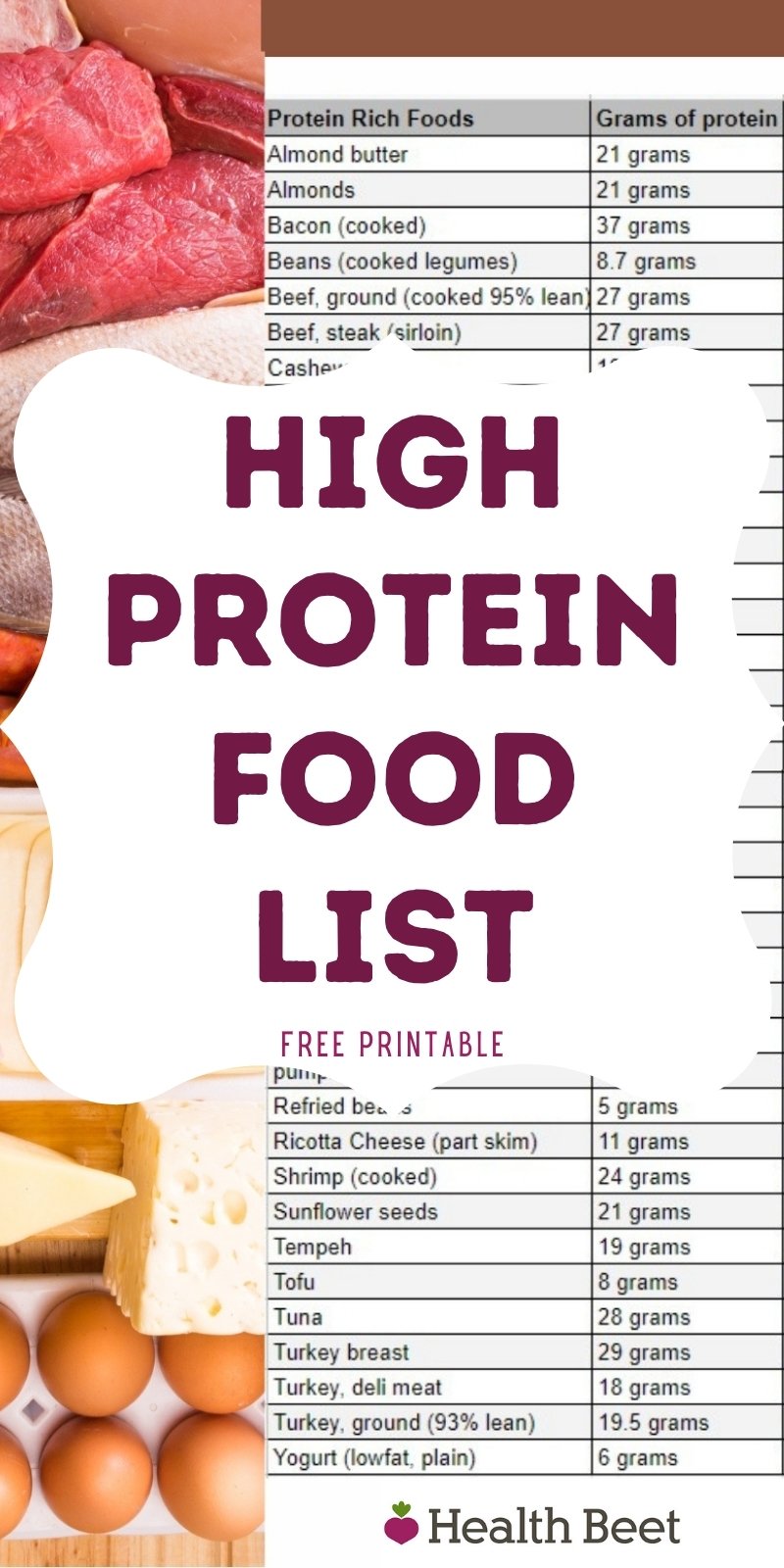
4. Seeds
Seeds like chia seeds, flaxseeds, and hemp seeds are nutritious non-dairy options that offer a good amount of protein. They are also rich in omega-3 fatty acids, fiber, and various minerals. Adding seeds to your meals or snacks can boost your protein intake.
Seeds are a great addition to non-dairy high protein foods, providing essential nutrients and adding a delicious crunch to your meals. Here are four seeds that you can incorporate into your diet:
1. Chia Seeds
Chia seeds are a nutritional powerhouse packed with protein, fiber, and omega-3 fatty acids. They can be added to smoothies, oatmeal, or even used as an egg substitute in vegan recipes due to their ability to absorb liquid and form a gel-like consistency.
2. Hemp Seeds
Hemp seeds are an excellent source of plant-based protein, containing all nine essential amino acids. They also provide a healthy dose of omega-3 and omega-6 fatty acids. Sprinkle hemp seeds over salads, yogurt, or blend them into your favorite protein shake.
3. Flaxseeds
Flaxseeds are rich in fiber, protein, and lignans, which are plant compounds that have antioxidant properties. These tiny seeds can be ground and added to smoothies, baked goods, or used as an egg replacement in recipes.
4. Pumpkin Seeds
Pumpkin seeds, also known as pepitas, are a good source of protein, healthy fats, and various minerals like iron, zinc, and magnesium. Enjoy them roasted as a snack or sprinkle them on top of soups, salads, or roasted vegetables for an extra nutrient boost.
By incorporating these nutrient-dense seeds into your non-dairy high protein foods, you can enhance the nutritional value and taste of your meals. So, start experimenting and enjoy the benefits of these tiny powerhouses!
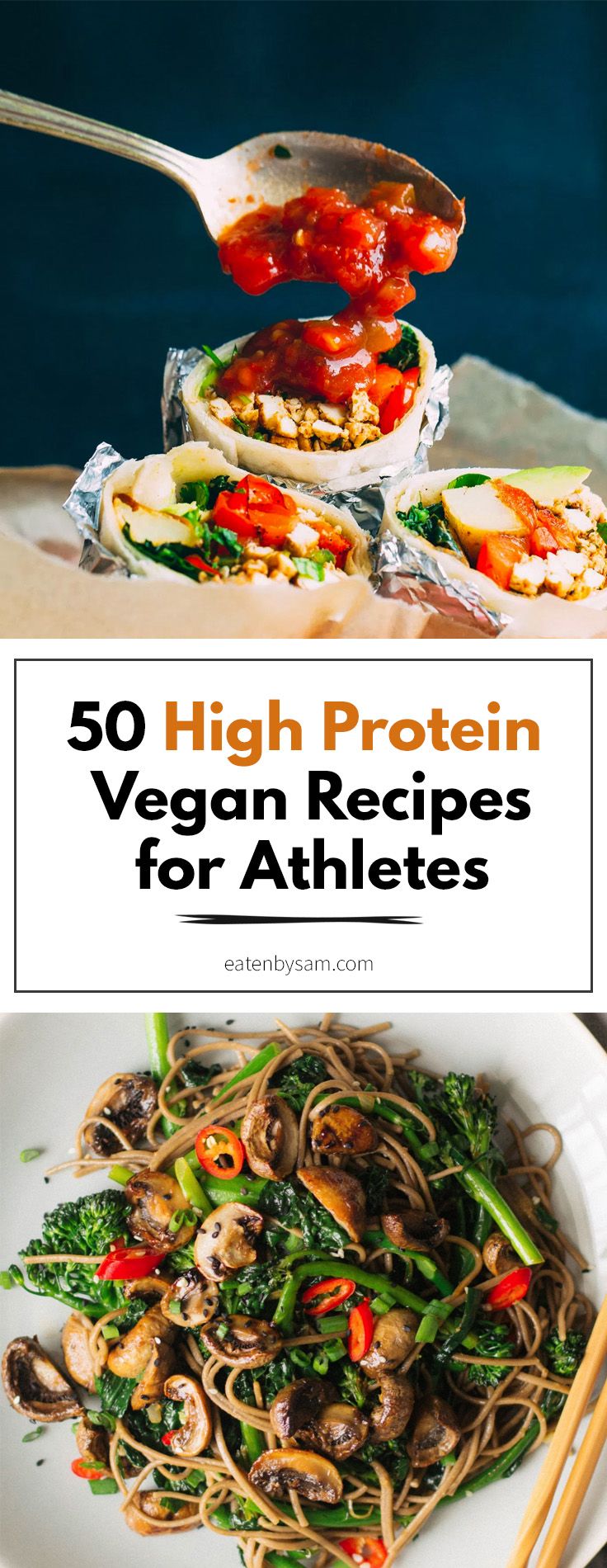
5. Nuts
Nuts such as almonds, walnuts, and cashews are not only delicious but also high in protein. They contain healthy fats, vitamins, minerals, and antioxidants. Snacking on nuts can provide you with a satisfying protein-packed boost.
When it comes to non-dairy high protein foods, nuts play a vital role in providing essential nutrients and healthy fats. Here are five nuts that you should consider incorporating into your diet:
- Almonds: Almonds are a great source of protein and contain all nine essential amino acids. They are also rich in healthy fats, fiber, vitamin E, and magnesium.
- Cashews: Cashews are a good source of protein and are lower in fat compared to other nuts. They also provide various minerals like iron, zinc, and copper.
- Walnuts: Walnuts are packed with omega-3 fatty acids, which are essential for brain health. They are also high in protein, fiber, and antioxidants.
- Pistachios: Pistachios are not only delicious but also a good source of protein, fiber, and healthy fats. They contain various vitamins and minerals like vitamin B6, copper, and manganese.
- Hazelnuts: Hazelnuts are high in protein and healthy fats. They are also a good source of vitamin E, which is an antioxidant that helps protect your cells from damage.
Incorporating these nuts into your non-dairy high protein foods will not only add a crunch but also provide you with a variety of nutrients that contribute to your overall health and well-being. So, grab a handful of these nuts and enjoy their benefits today!
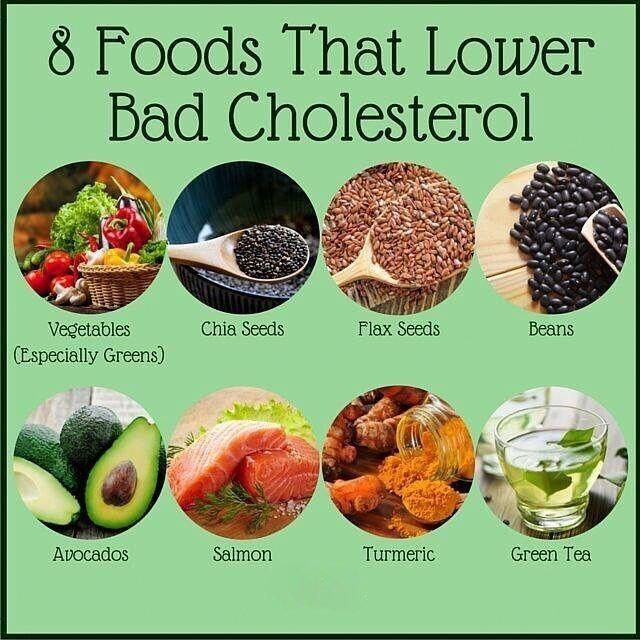
6. Legumes
Legumes like lentils, peas, and edamame are nutrient-dense plant-based proteins. They are low in fat and cholesterol while being rich in fiber, iron, folate, and potassium. Incorporating legumes into your meals is an excellent way to meet your protein requirements.
Legumes are an excellent source of protein, especially for individuals following a non-dairy diet. Here are six legume-based foods that can provide you with a substantial amount of protein:
1. Chickpeas
Chickpeas, also known as garbanzo beans, are versatile legumes commonly used in Mediterranean and Middle Eastern cuisine. They can be enjoyed in various dishes, including salads, stews, and even as a base for hummus. One cup of cooked chickpeas contains around 15 grams of protein.
2. Lentils
Lentils are small, lens-shaped legumes packed with nutrients and high in protein. They are incredibly versatile and can be used in soups, stews, curries, or as a side dish. With approximately 18 grams of protein per cooked cup, lentils are a great addition to any non-dairy high protein diet.
3. Black Beans
Black beans are popular legumes widely used in Latin American and Caribbean cuisines. They are rich in fiber, folate, and protein. Whether added to salads, used as a filling for burritos, or prepared as a delicious side dish, black beans provide around 15 grams of protein per cooked cup.
4. Edamame
Edamame, young soybeans, are not only a delicious snack but also a fantastic source of plant-based protein. Typically boiled or steamed, edamame pods are often sprinkled with salt and enjoyed as an appetizer. One cup of cooked edamame offers approximately 17 grams of protein.
5. Peas
Peas, whether green or yellow, are legumes that can be a great addition to non-dairy high protein foods. They can be used in soups, stews, or as a side dish. With roughly 9 grams of protein per cooked cup, peas offer a good amount of plant-based protein to support your dietary needs.
6. Soybeans
Soybeans, the key ingredient in various soy products like tofu, tempeh, and soy milk, are high in protein and suitable for non-dairy diets. These versatile legumes are excellent replacements for dairy-based proteins. One cup of cooked soybeans contains approximately 29 grams of protein, making them one of the highest protein legumes available.
Including legumes in your non-dairy high protein foods not only helps meet your protein requirements but also offers various other health benefits. Experiment with these legume options and enjoy their flavors while nourishing your body.
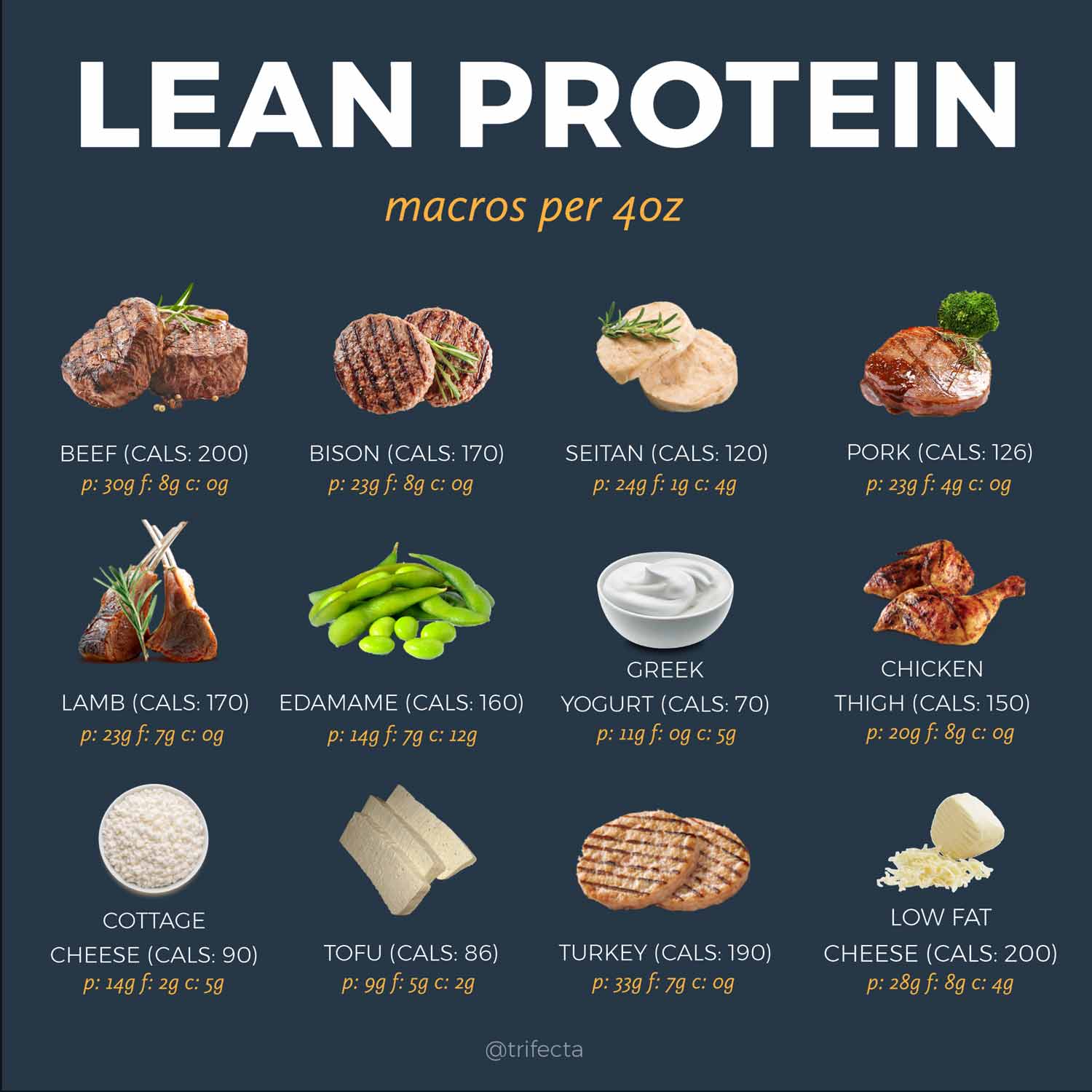
7. Plant-based protein powders
Plant-based protein powders, such as those derived from peas, rice, or hemp, offer an easy and convenient way to boost your protein intake. These powders are suitable for vegans and individuals with lactose intolerance. They can be added to smoothies, shakes, or used in baking recipes.
Plant-based protein powders have gained significant popularity among individuals looking to supplement their protein intake without consuming dairy products. These powders are an excellent alternative for people following a vegan or lactose-free diet, providing them with essential nutrients required for muscle recovery and growth.
Benefits of Plant-Based Protein Powders
1. High in Protein: Plant-based protein powders, such as pea, hemp, or brown rice protein, are rich sources of high-quality protein. They contain all the essential amino acids needed by our body to build and repair tissues.
2. Dairy-Free: Plant-based protein powders offer a dairy-free option for individuals who are lactose intolerant or prefer to avoid dairy products due to dietary restrictions.
3. Easily Digestible: These powders are typically easier to digest compared to dairy-based protein powders. They cause less bloating and discomfort, making them suitable for those with sensitive stomachs.
4. Nutrient-Rich: Apart from protein, plant-based powders often contain various other nutrients, including fiber, vitamins, and minerals. This makes them a more complete nutritional option.
Non-Dairy High Protein Foods Incorporating Plant-Based Protein Powders
1. Protein Smoothies: Blend your favorite plant-based protein powder with fruits, vegetables, and a non-dairy milk alternative for a delicious and nutritious smoothie packed with protein.
2. Energy Bars: Make your own protein-rich energy bars using plant-based powders, nuts, seeds, and dried fruits. These bars can be a great pre- or post-workout snack.
3. Pancakes/Waffles: Add plant-based protein powder to your pancake or waffle batter to boost the protein content without compromising on taste.
4. Protein Balls: Create protein-packed snacks by combining plant-based protein powder with nut butter, oats, and sweeteners like dates or honey.
Plant-based protein powders provide an excellent solution for individuals seeking non-dairy high protein foods. Incorporating these powders into your diet offers numerous benefits, from their high protein content to their easily digestible nature. Explore different recipes and enjoy the wide range of plant-based protein options available!
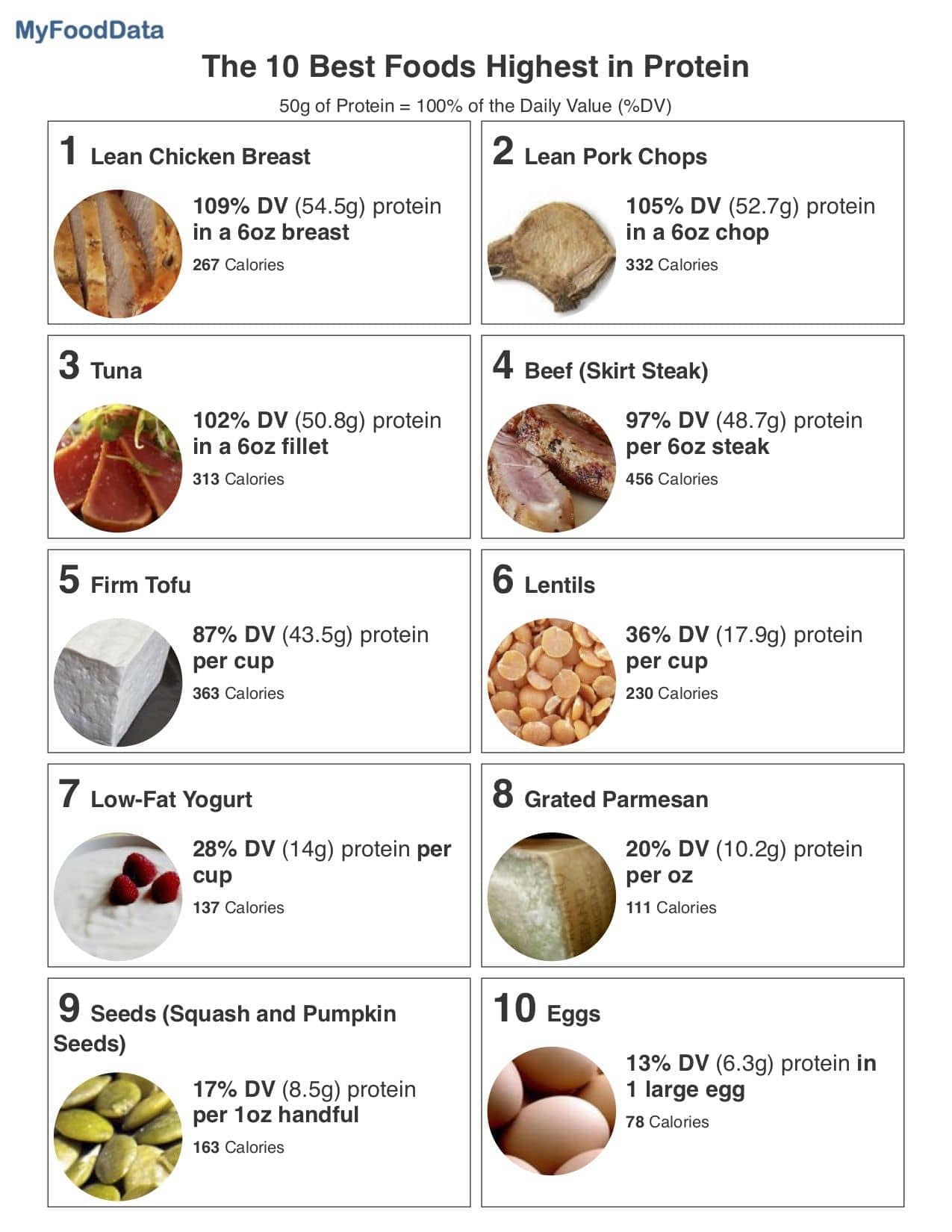
Key Takeaways
- Tofu, quinoa, beans, seeds, nuts, legumes, and plant-based protein powders are excellent non-dairy high protein options.
- These foods are not only rich in protein but also provide various other nutrients essential for a balanced diet.
- Including a combination of these foods in your meals can help you meet your protein requirements.
- Consider experimenting with different recipes to make these ingredients more enjoyable and appetizing.
FAQ
Q: Are these non-dairy high protein foods suitable for people with allergies?
A: While these foods are naturally non-dairy and high in protein, some individuals may have specific allergies or intolerances. It's essential to consult with a healthcare professional or a registered dietitian to ensure these foods align with your dietary needs.
Q: Can non-dairy high protein foods be consumed by vegans and vegetarians?
A: Absolutely! Non-dairy high protein foods are a staple for vegans and vegetarians, providing them with essential nutrients and supporting their dietary preferences.
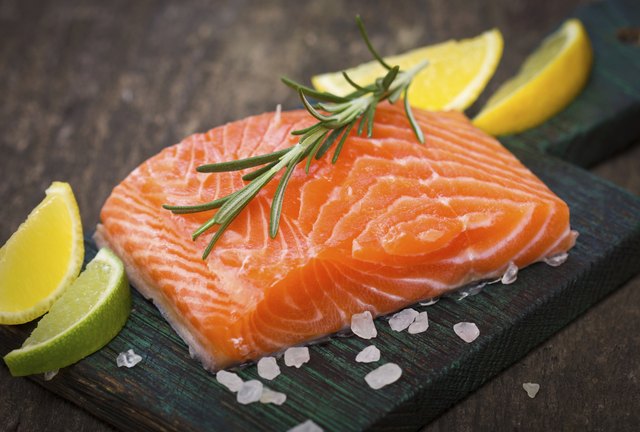


Recent Comments